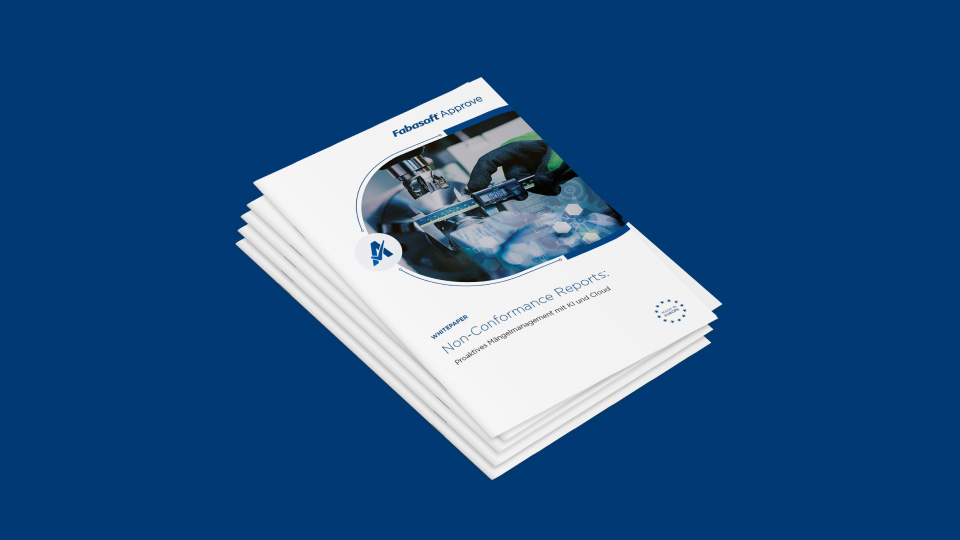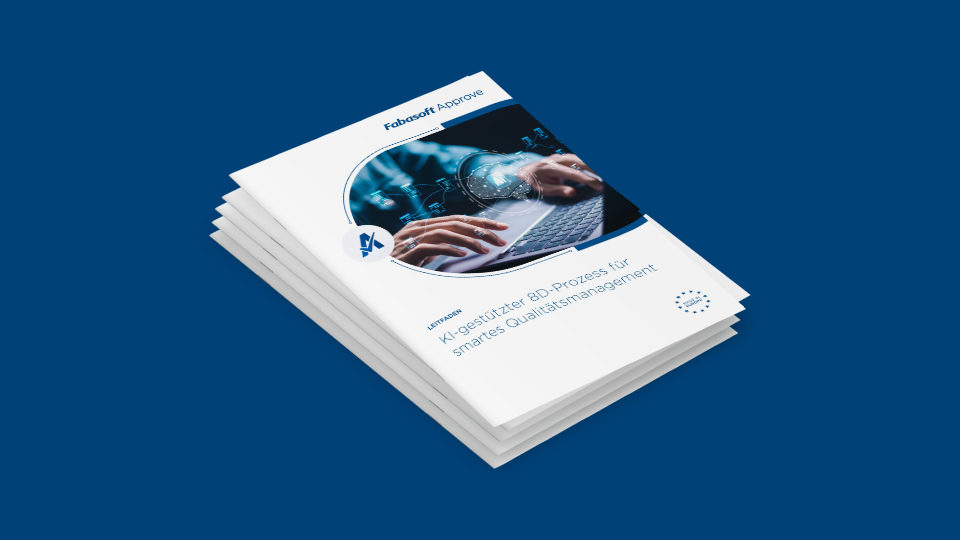Given its considerable value, corporate data is a desirable target for cybercriminals. This makes protecting sensitive business information a high-priority concern. Medium-sized companies are particularly vulnerable to the risk of attack. We explain the reasons behind this and outline which precautionary steps most effectively safeguard against cyberattacks.
1. What makes SMEs so attractive to cybercriminals?
- Fewer resources: Mid-sized companies tend to have fewer resources to devote towards protecting their data as compared with larger enterprises. This can impact the following areas:
- IT security: Mid-sized businesses typically do not have the IT equipment that large businesses have to protect their systems and data.
- Level of employee training: These companies often do not have the same capacity available to train their employees on data security.
- Lower awareness: Compared with larger firms, smaller companies are often less aware of the significance of data security. One reason for this is that they generally don’t have the same degree of experience with cyberattacks.
- Special data: Medium-sized companies possess sensitive data that is attractive to cybercriminals. This includes information such as customer data, employee data, and business data.
2. What are the essential proactive measures?
2.1 Use certified software
Using outdated software increases the risk of security breaches considerably. Outdated versions often contain security vulnerabilities that are widely known in criminal circles and exploited for cyberattacks.
By using certified software, these security gaps can be avoided. Cloud providers invest significant resources in their infrastructure to satisfy the highest data protection and IT security standards. Regular updates ensure that the software is always up to date. The providers also assign dedicated specialist teams to support their customers’ unique customization needs.
Certified software that meets the strictest security standards as defined in the Cloud Computing Compliance Criteria Catalogue (C5) of the German Federal Office for Information Security (BSI) goes a long way toward ensuring that sensitive data is protected effectively.
2.2 Train the staff
Employees are the first line of defense against cyberattacks. If they are not adequately informed about the importance of data security, they pose a major risk for the company. Employees are often the first to click a suspicious email link or open a malicious file. Insecure passwords or disclosing confidential information also put sensitive company data at risk.
That makes it especially important to raise their awareness of security vulnerabilities and provide staff with appropriate training to ensure that they recognize the warning signs of cyberattacks and respond appropriately.
2.3 Ensure proper access rights management
Without robust access rights management, companies run the risk of giving unauthorized persons access to sensitive corporate data. The consequences are serious, taking the form of both data loss and data breaches, which in most cases lead to heavy financial losses. When it comes to protecting data, granular rights assignment and access control are imperative. Additional measures are necessary to optimize access rights management:
- Implement a role-based access control model: A role-based access control (RBAC) model allows organizations to assign access permissions based on the roles of the user.
- Use two-factor authentication: Two-factor authentication (2FA) adds an extra layer of security by requiring users to enter an SMS token or a code from an app in order to log in.
- Verify access permissions regularly: Organizations are advised to periodically review their access permissions to ensure that they are kept up to date.
- Implement an audit system: An audit system can help organizations detect unauthorized access to systems and data.
2.4 Provide secure IT infrastructure and backups
Obsolete IT infrastructure is a common weak point in mid-sized companies. Because of limited financial resources, many organizations are working with hardware and software products that no longer comply with current security standards. This introduces security gaps which hackers can exploit for attacks. Strengthening technical security measures is an essential step in addressing this issue:
- Encrypting all sensitive data, both during transmission and storage.
- Regular security updates to resolve identified security vulnerabilities.
- Use of geo-redundant data centers; that is, data centers that are geographically located at different locations to provide protection against data loss in the event of regional outages.
3. Key takeaways
The threat to mid-sized companies with regard to data security is more relevant than ever. It is imperative to ensure effective protection against these threats by taking proactive security measures. Investing in suitable technologies, training, and using certified software are measures that go a long way toward minimizing the risks of cyberattacks. Data security should not be considered a luxury, but rather a required safeguard to protect the company and the trust of its customers.
As part of the Fabasoft Group, Xpublisher offers you the benefit of long-standing expertise in the software development and cloud services sectors. Fabasoft software products and cloud services have received numerous international certifications and awards for reliability, data security, and data center security. The Xpublisher multichannel publishing system, which is based on the high-security Fabasoft Cloud, offers you powerful software-as-a-service designed to satisfy the most demanding requirements.




